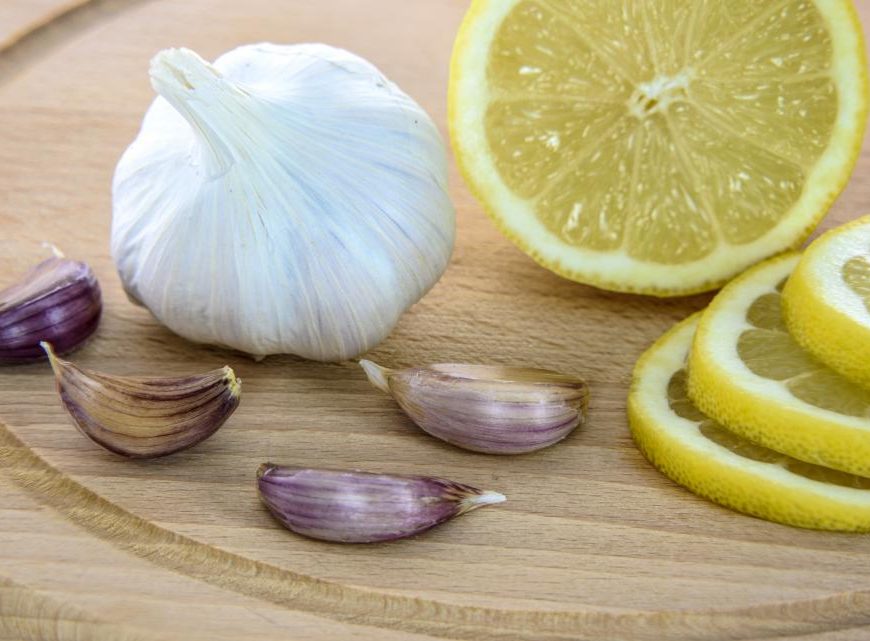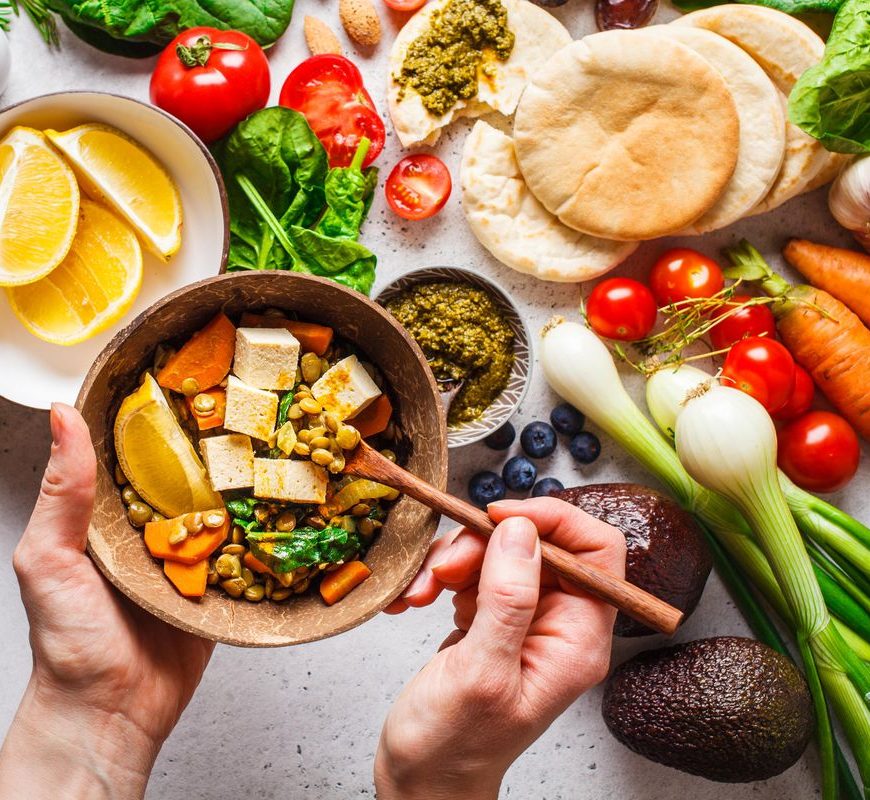Many health conditions are linked to blood sugar imbalance, including diabetes, insulin resistance and polycystic ovarian syndrome (PCOS). Hyperglycaemia is high blood sugar and hypoglycaemia is low blood sugar. These natural remedies are recommended for both.
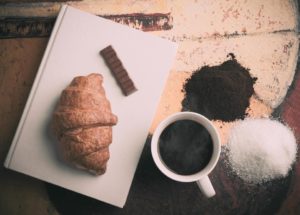
Top 10 tips:
- Balanced diet – protein, fat, fibre and some complex carbohydrates should be eaten regularly. This is to slow the release of sugar into the blood. 3 meals and 2-3 snacks daily is recommended to prevent blood sugar dropping too low. Simple carbohydrates should be minimised (except for emergency use in hypoglycaemia) as they increase blood sugar levels too quickly, resulting in a rapid insulin release and low blood sugar. Examples of simple carbohydrates are fruit (limit 3 serves spread throughout the day), dried fruit, juice, sweets and processed foods. Examples of complex carbohydrates are vegetables, wholegrains and legumes. Check out my Healthy Meal and Snack ideas.
2. Caffeine – may increase adrenaline which can spike blood sugar in preparation to fight, flight and freeze. This stress response is drilled into our biology during times of danger. Insulin opens our cells to quickly clear the excess sugar out of the bloodstream. This may further drop blood sugar. Caffeine acts in a similar way to short-term stress. Daily caffeine usage may act in a similar way to long-term stress.
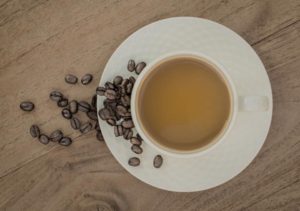 3. Cinnamon – this spice balances blood sugar. Sprinkle 1 teaspoon of powder per day on breakfast, hot drinks or add to smoothies.
3. Cinnamon – this spice balances blood sugar. Sprinkle 1 teaspoon of powder per day on breakfast, hot drinks or add to smoothies.
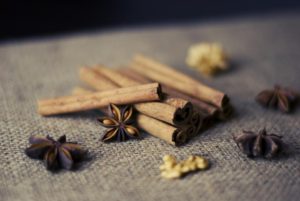 4. Chromium – stabilises blood sugar in both hyperglycaemia and hypoglycaemia. It is difficult to obtain therapeutic levels of chromium through diet, therefore, supplementation may be required. Take a supplement containing 1,000mcg per day.
4. Chromium – stabilises blood sugar in both hyperglycaemia and hypoglycaemia. It is difficult to obtain therapeutic levels of chromium through diet, therefore, supplementation may be required. Take a supplement containing 1,000mcg per day.
5. Magnesium – helps to prevent hypoglycaemia. Food sources include leafy green vegetables, nuts, seeds and cacao. It is a water-soluble mineral, therefore, must be consumed every day. It is often difficult to obtain through diet alone, supplementation may be inevitable. Take a supplement containing 300-500mg per day. Tip: a simple test to determine if you are magnesium deficient is to stick out your tongue in front of a mirror – slight shaking or quivering indicates magnesium deficiency.
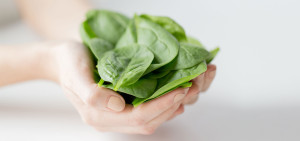 6. Vitamin B3 – regulates blood sugar in people prone to hypoglycaemia. Food sources include turkey, chicken, peanuts, mushrooms, liver, tuna, peas, beef, sunflower seeds and avocado.
6. Vitamin B3 – regulates blood sugar in people prone to hypoglycaemia. Food sources include turkey, chicken, peanuts, mushrooms, liver, tuna, peas, beef, sunflower seeds and avocado.
7. Omega 3 – ensures healthy cell signalling and insulin sensitivity. Food sources include salmon, mackerel, sardines, anchovies, flaxseeds/linseeds (and oil), chia seeds, hemp seeds and walnuts. Animal sources are more easily absorbed that plant sources, as the omega 3 is already in its active form (EPA and DHA) and does not need to be converted like plant sources (ALA -> EPA and DHA).
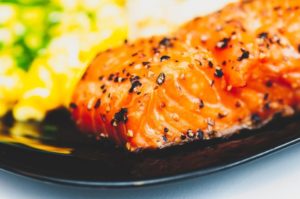
8. Dairy products – spike insulin and contain growth hormones (acting similarly to insulin). This includes milk, buttermilk, kefir, yoghurt, frozen yoghurt, cream, sour cream, clotted cream, cottage cheese, quark, crème fraiche, ice-cream, gelato, condensed milk, custard, milk powder and whey etc. Choose coconut milk/cream, almond milk, hazelnut milk, coconut yoghurt, coconut butter, coconut ice-cream, nut cheese and plant-based protein powder.
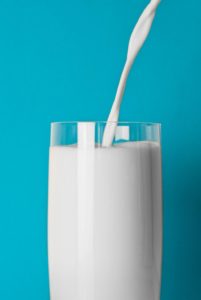 9. Alcohol – rapidly converts into sugar in the blood. Replace alcohol with sparkling water and fresh fruit to flavour.
9. Alcohol – rapidly converts into sugar in the blood. Replace alcohol with sparkling water and fresh fruit to flavour.
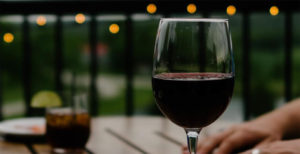 10. Exercise – this is one of the most effective ways to enhance insulin sensitivity of muscle cells in response to glucose. This enhance glucose uptake, as glucose is stored in skeletal muscles as glycogen.
10. Exercise – this is one of the most effective ways to enhance insulin sensitivity of muscle cells in response to glucose. This enhance glucose uptake, as glucose is stored in skeletal muscles as glycogen.
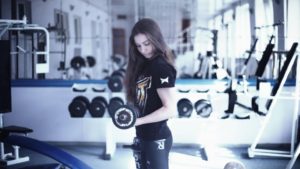
Consult with me to individualise your recommendations.



